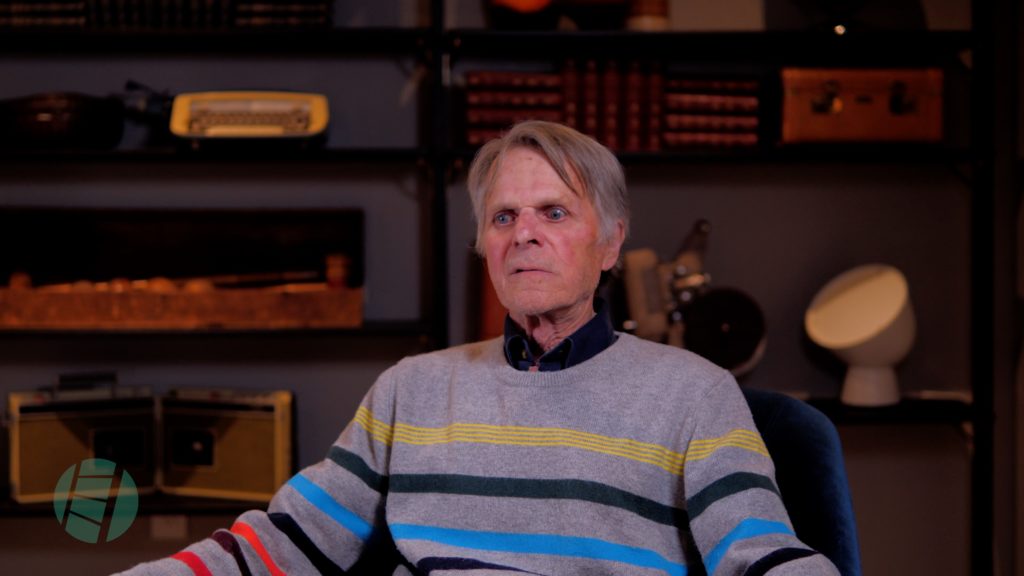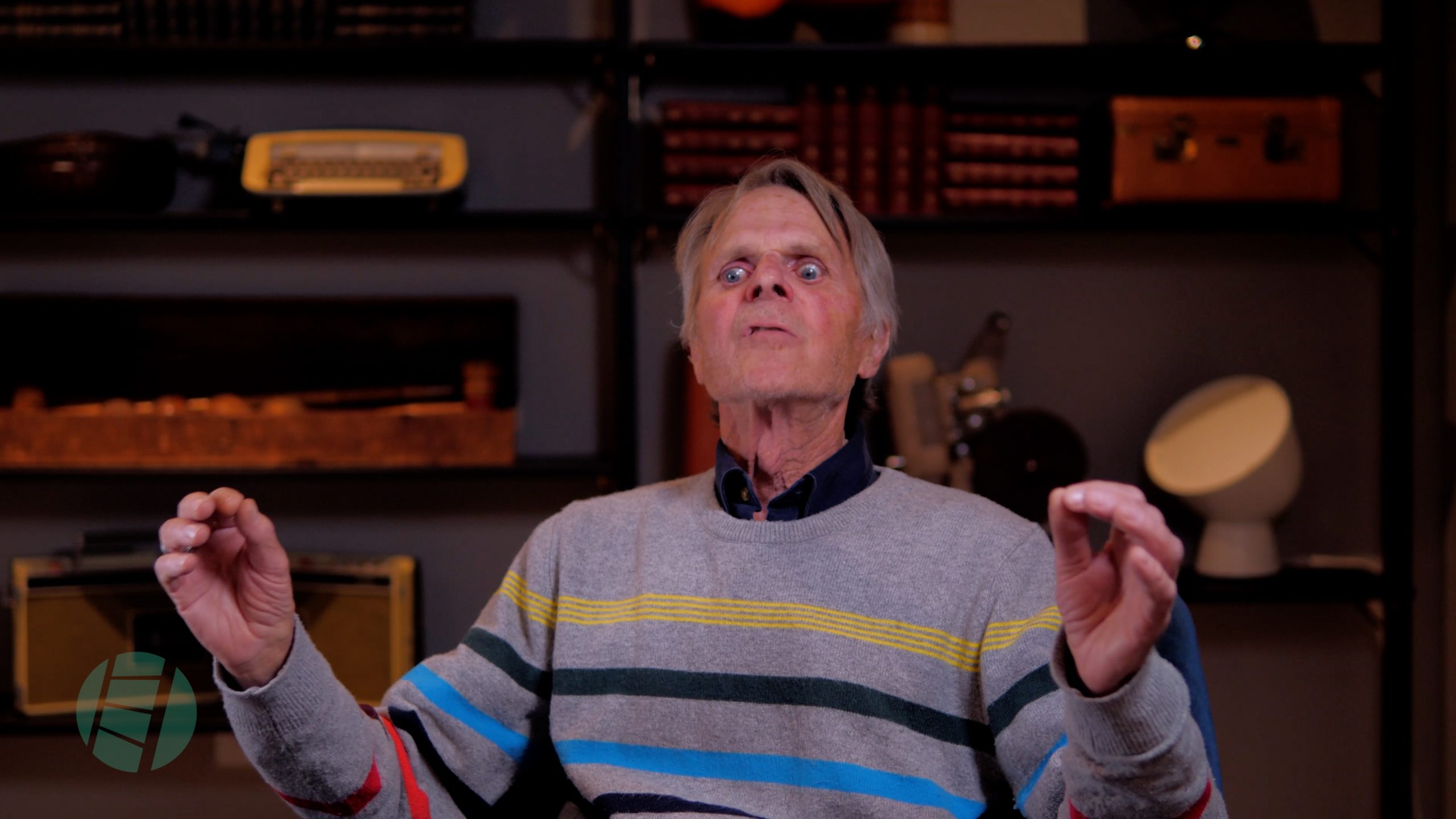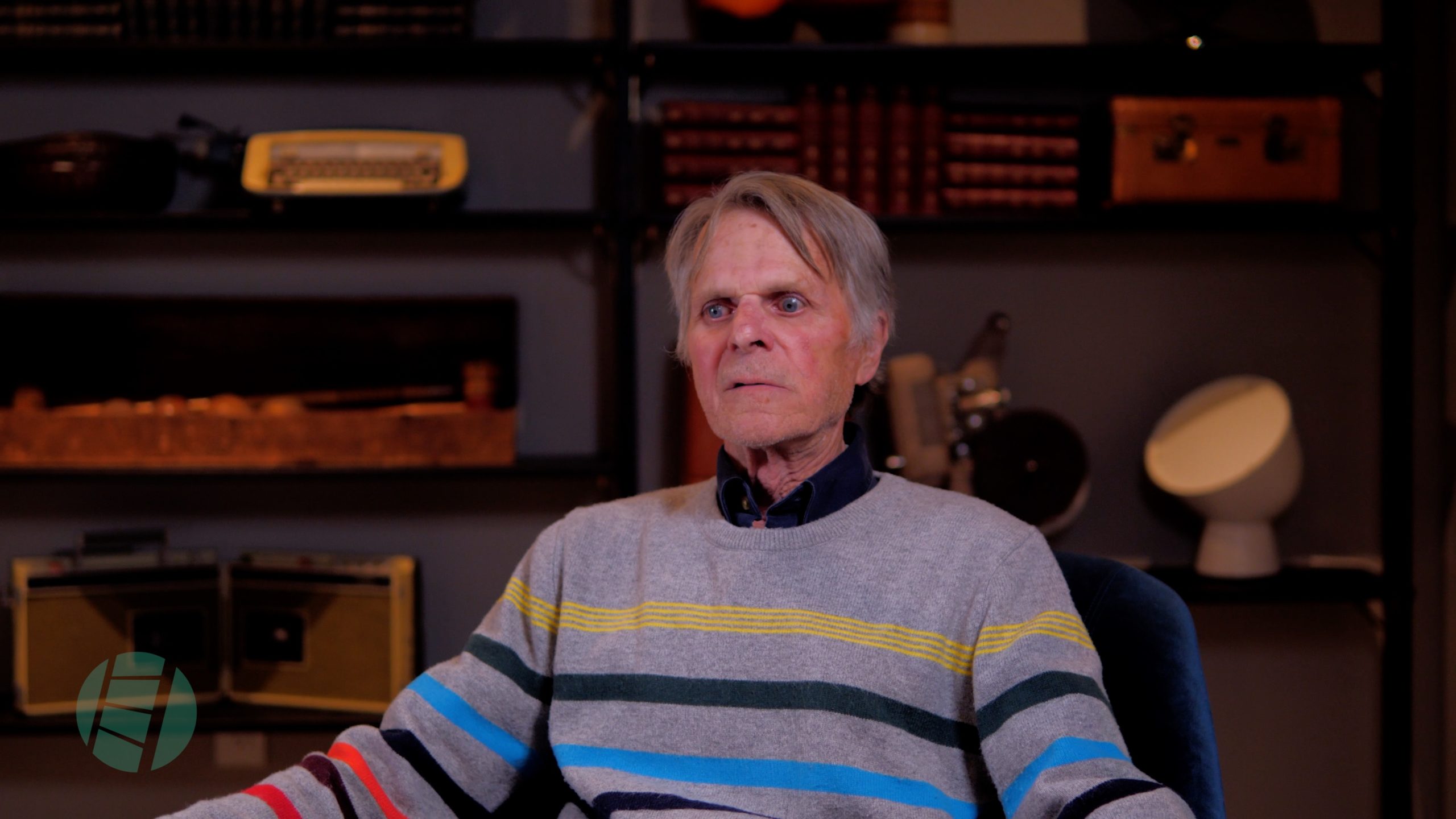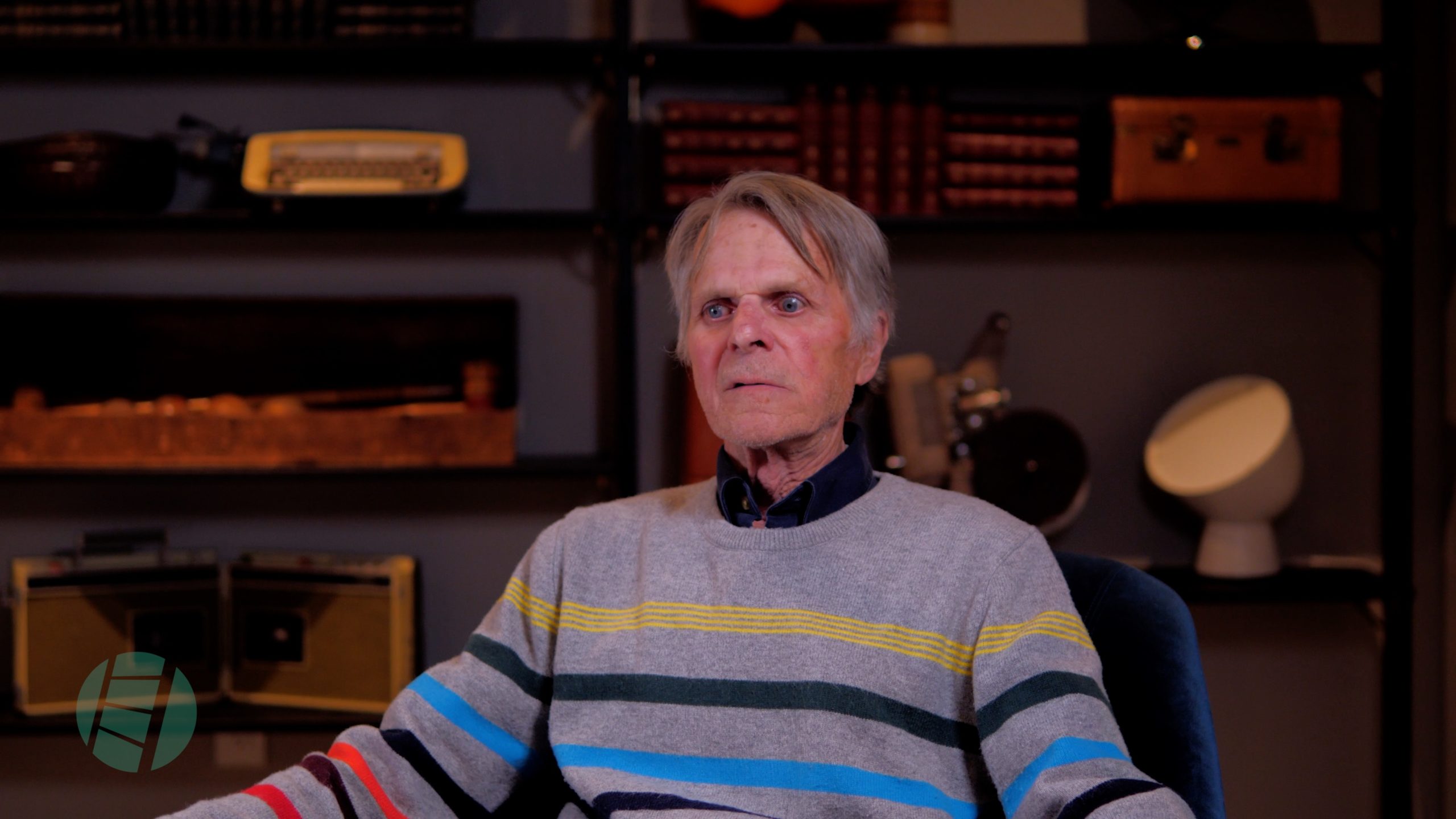
Meet Chris

Kingston/South Eastern Ontario
Watch Chris talk about how he got into harm reduction work.
See Transcript
Hi my name’s Chris. I work at the Street Health Center in Kingston. I’m actually a public health employee, so even though I work out of Kingston I work for Kingston Frontenac, Lennox and Addington Health Unit, so the catchment area can be fairly large. I’ve been there 19 years.
I worked in construction and I got injured in ’78; they took half my disc out and I went back to work, and they took the other half of my disc, and they said I couldn’t work in that field anymore. They did all this [aptitude] testing and it came up [with] ‘medicine and workman’s comp screen’ – not likely – and then they got down to ‘social work’. I was so tired, I don’t care, I don’t care. So I graduated from social work, and we’re going down the street in Toronto, and we walk by the welfare office [and] my buddy says, “Let’s go apply for a job there”, and I said, “I’m never fucking going to be a welfare worker” – 18 years later: 5 in Toronto and 13 and Kingston!
When I was in construction you learned how to use your hammer and saw; well, what if you’re a welfare worker [and] the only thing you really have to work with is the law. So I would have people [co-workers] who would make somebody ineligible, because the only page of the welfare act they read was maybe the first page, so I got very good at being able to help people without breaking the law, get more money.
Society has decided who’s valuable, who’s not. We’ve seen a drastic change since the ’80s, where Kingston used to have the ‘spinners factory’ – you could have a grade 10 education and feed a family of three – it’s closed. Renfrew had the Coca-Cola bottle [plant]. And now we penalize these people who want to work; this whole concept that people want to be on welfare, want to be on ODSP [Ontario Disability Support Program]. They don’t want a hand-out.
The job chose you. I became a welfare worker, never meaning to be a welfare worker. You got to help people and got to treat them with respect and dignity. You come here and any pre-assumed judgments soon got washed away – or you don’t stay in the job. So there’s people who will sometimes come down to the job and it won’t last. One of the things we say – I’m an outreach worker – so one of the comments I say is, “You can dress like a cowboy, you can look like a cowboy, but you’re not a cowboy.”



